Results
-
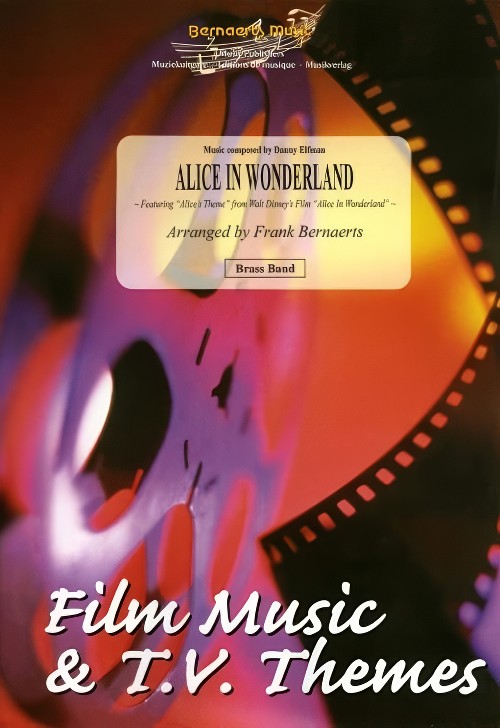 £55.99
£55.99Alice in Wonderland (Brass Band - Score and Parts) - Elfman, Danny - Bernaerts, Frank
Featuring Alice's Theme from Walt Disney's film Alice in Wonderland. Duration: 4.30
Estimated dispatch 7-14 working days
-
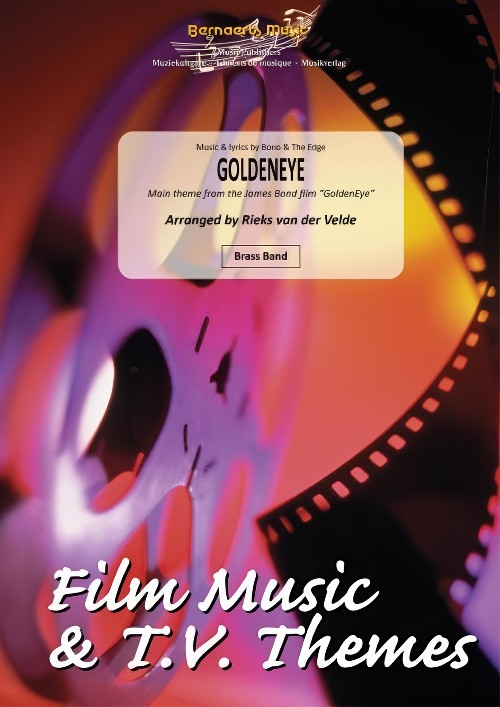 £53.99
£53.99GoldenEye (Brass Band - Score and Parts) - Velde, Rieks van der
Main theme from the James Bond film "GoldenEye". Performed by Tina Turner. Duration: 03:30
Estimated dispatch 7-14 working days
-
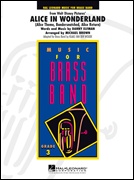 £67.50
£67.50ALICE IN WONDERLAND (Brass Band) - Brown, Michael
4th Section. Lewis Carroll's novel Alice in Wonderland served as the basis for the new Walt Disney film. From Danny Elfman's soundtrack, Michael Brown used the titles Alice Returns, Alice's Theme and Bandersnatched for his enchanting medley that has been adapted for brass band by Klaas van der Woude.
Estimated dispatch 7-14 working days
-
 £40.00
£40.00DIAMONDS ARE FOREVER (Brass Band) - Barry, John - Wormald, Christopher
From the 1971 film featuring Sean Connery, this was the second Bond theme recorded by Shirley Bassey (after?Goldfinger). Starting with solos for trombone and horn, this arrangement is designed for all levels of bands and is faithful to the original.. Grade: 4th section +. Duration: 2:40
Estimated dispatch 7-14 working days
-
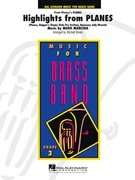 £60.99
£60.99PLANES, Highlights from (Brass Band) - Mancina, Mark - Brown, Michael
For the Disney animated film Planes, composer Mark Mancina created an outstanding orchestral score filled with power and depth. Michael Brown's skilful adaptation for young band brings all the majestic qualities of the original to the concert stage. Includes: Planes, Skipper's Theme (Volo Pro Veritas) and Honorary Jolly Wrench. Grade: medium. Duration: 4:50
Estimated dispatch 7-14 working days
-
 £50.90
£50.90SEVENTH VOYAGE OF SINDBAD, The (Brass Band) - Herrmann, Bernard - Barry, Darrol
Main Theme from the film. Grade: Easy/Medium.
Estimated dispatch 7-14 working days
-
 £42.95
£42.95THINGS TO COME (March from) (Brass Band) - Bliss, John - Richmond, Neil
Theme from the film.
Estimated dispatch 7-14 working days
-
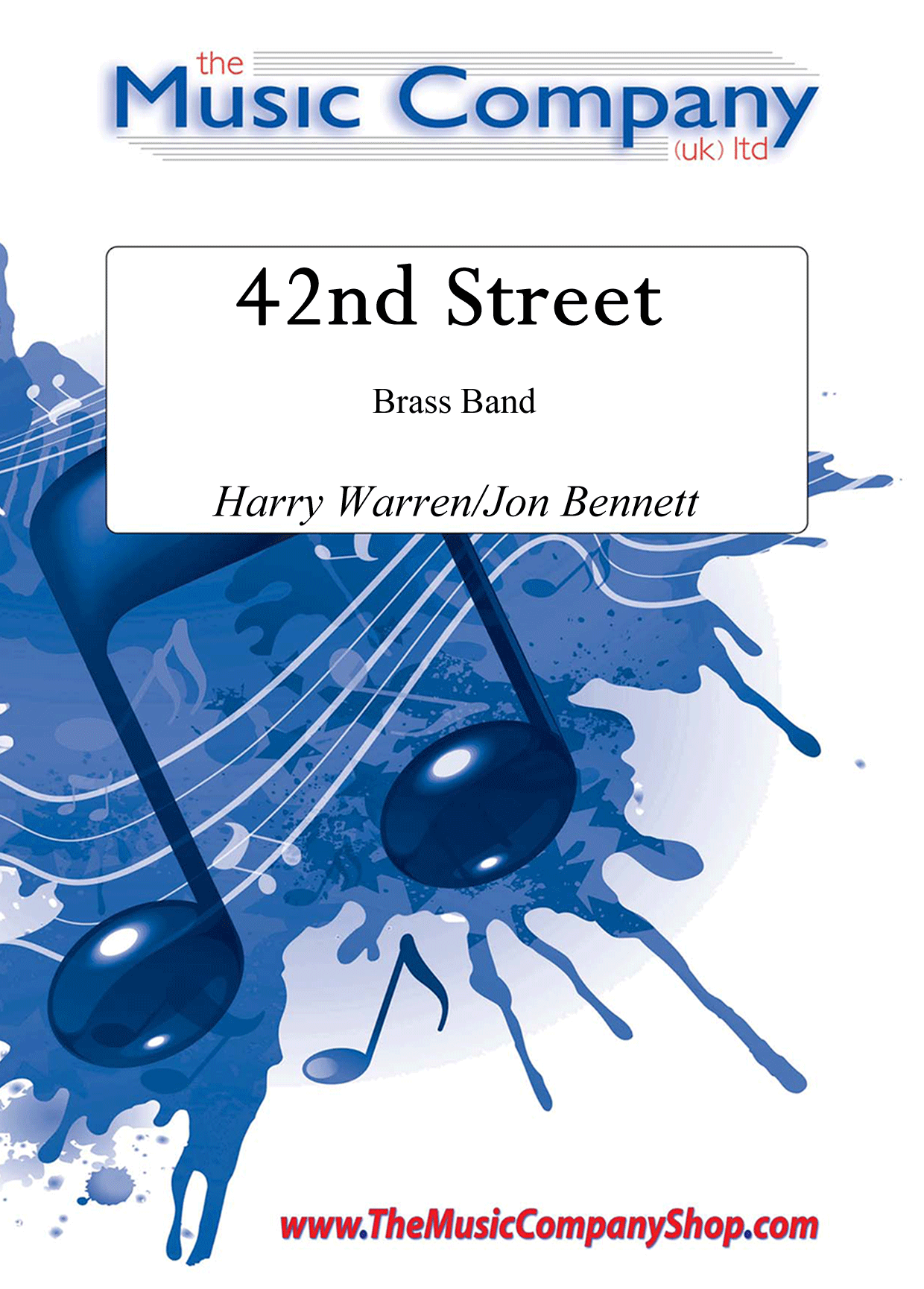 £30.00
£30.0042nd Street - Harry Warren
A sure concert-pleaser with this arrangement for brass band by Jon Bennett, of the up-tempo theme tune from the stage show and film.
In Stock: Estimated dispatch 3-5 working days
-
 £25.00
£25.00The Garland Waltz (Tchaikovsky arr. Dan Price)
The Garland Waltz comes from 'The Sleeping Beauty', the second of three ballets by Pyotr Tchaikovsky. Sleeping Beauty's theme is simplistic and focuses on the conflicting forces of good and evil through the characters the Lilac Fairy (good) and Carabosse (evil). The ballet's premiere in 1890 received more favourable accolades than 'Swan Lake' but Tchaikovsky never witnessed the work's true success outside of Russia as he died in 1893. By 1903, 'The Sleeping Beauty' was the second most popular ballet in the repertoire of the Imperial Ballet, having been performed 200 times in only 10 years. The waltz and other music from the ballet has been used extensively in film and television, most notably in Disney's animated version of 'Sleeping Beauty' and the recently released 'Maleficent'. Here, Dan Price faithfully transcribes Tchaikovsky's original score for Brass Band. Duration : 00:04:45 Grade : 3.5 / 4
Estimated dispatch 5-7 working days
-
 £49.99
£49.99Back to the Future - Alan Silvestri - Philip Harper
Alan Silvestri's unforgettable, dramatic theme from the iconic movie Back to the Future (1985) has become a true film music classic. In this brilliant arrangement for brass band, Philip Harper has perfectly preserved the original energy and grandeur of the soundtrack. The result is a powerful, recognizable, and compelling arrangement that is guaranteed to impress any audience.
Estimated dispatch 5-14 working days
